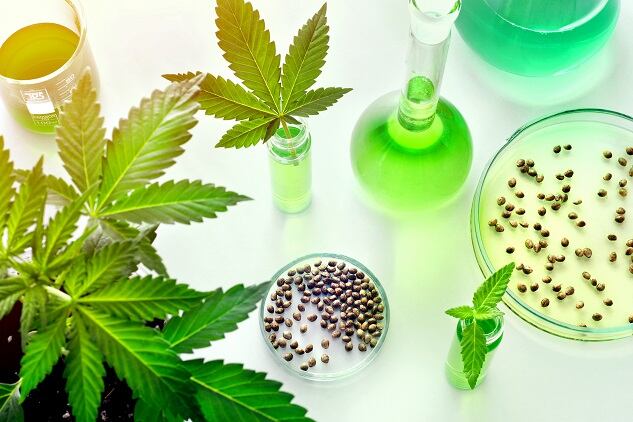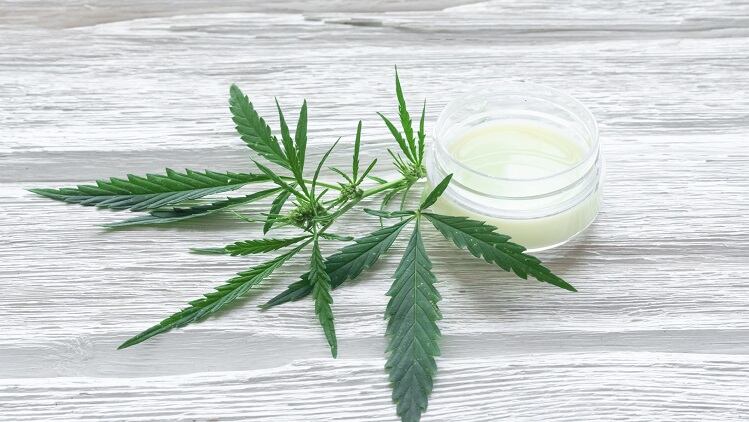Gelest is an ingredient supplier, serving the medical, pharmaceutical, and personal care industries, among others; and the company specializes in silanes, silicones, and metal-organics.
At this past December’s SCC Annual Meeting and Technology Showcase in New York City, the company presented a poster on the use of a CBD derivative in silicone gel elastomers. Tanya Roberman, a technical services and cosmetics formulations expert at Gelest, spoke with Cosmetics Design at the show about her team’s breakthrough.
Gelest creates a new CBD isolate to be compatible with silicone substrates
The ingredient maker created an isolate called Vertasil TM-CBD to allow for cannadibol to be delivered as a skin care ingredient via a silicone substrate.
As Robberman explains the distinction and function of the new ingredient, “the addition of a trisiloxane group to the CBD molecule at a hydroxyl site changes the solubility parameters and allows the incorporation of trisiloxane-functionalized cannbidol isolate Vertasil TM-CBD into silicone gel matrices or other silicone-based formulations.”
Why do formulators need modified CBD isolates?
Gelest initiated the research that led to their patent-pending Vertasil TM-CBD ingredient because CBD is such a popular and fairly novel ingredient in (and beyond) skin care.
“There is intense interest in CBD in skin care and topical preparations,” explains the Gelest poster. “The relatively high coast of CDB isolate creates a need for efficient dermal delivery.” But since “the solubility of CBD is limited to oils and glycols, silicones with their intrinsic emollience and ability to spread to thin films, unfortunately are not compatible with CBD.”
Making new product formats possible for CBD skin care
In the research Gelest presented at the SCC showcase, the company compared how well hemp oil in a PDMS Elastomer Gel would cure to how well the new Vertasil TM-CBD would cure in the same gel. (Both formulas were cured at 120°C for 40 minutes.)
The hemp oil formula “did not cure properly,” explained Roberman, adding that the formula showed separation from the silicone elastomer. The version prepared with Vertasil TM-CBD did cure as desired, suggesting that the new ingredient makes CBD skin care products that leverage silicone substrates possible.
---

Deanna Utroske is a leading voice in the cosmetics and personal care industry as well as in the indie beauty movement. As Editor of CosmeticsDesign.com, she writes daily news about the business of beauty in the Americas region and regularly produces video interviews with cosmetics, fragrance, personal care, and packaging experts as well as with indie brand founders.
Deanna will be speaking next at the Uplink Live event in LA this month (save 10% on tickets with code: CD10) and at Green Beauty Night in February.




